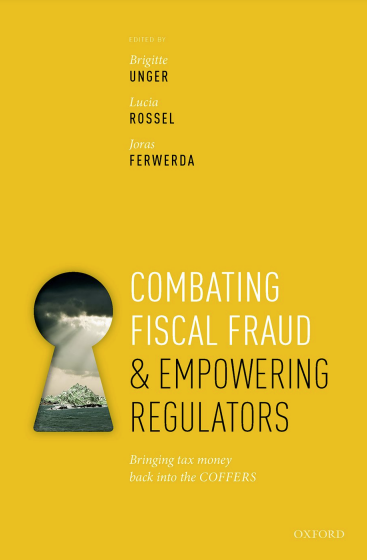Combating Fiscal Fraud and Empowering Regulators
Editorial: Oxford University Press
Licencia: Creative Commons (by-nc-nd)
Autor(es): Unger, Brigitte; [et al.]
This book showcases a multidisciplinary set of work on the impact of regulatory innovation on the scale and nature of tax evasion, tax avoidance, and money laundering. We consider the international tax environment an ecosystem undergoing a period of rapid change as shocks such as the financial crisis, new business forms, scandals and novel regulatory instruments impact upon it. This ecosystem evolves as jurisdictions, taxpayers, and experts react. Our analysis focuses mainly on Europe and five new regulations: Automatic Exchange of Information, which requires that accounts held by foreigners are reported to authorities in the account holder's country of residence; the OECD's Base Erosion and Profit Shifting initiative and Country by Country Reporting, which attempt to reduce the opportunity spaces in which corporations can limit tax payments and utilize low or no tax jurisdictions; the Legal Entity Identifier which provides a 20-digit identification code for all individual, corporate or government entities conducting financial transactions; and the Fourth and Fifth Anti-Money Laundering Directives, that criminalize tax crimes and prescribe that the Ultimate Beneficial Owner of a company is registered. Working from accounting, economic, political science, and legal perspectives, the analysis in this book provides an assessment of the reforms and policy recommendations that will reinforce the international tax system.
[Oxford: 2021]
Compartir:
Una vez que el usuario haya visto al menos un documento, este fragmento será visible.


